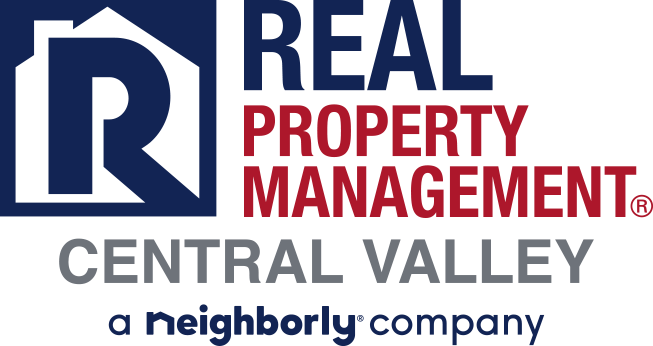How landlords can handle noise complaints efficiently

Handling noise complaints as a landlord requires a balanced and effective approach to ensure the comfort and well-being of all tenants. Here are some steps landlords can take:
- Establish Clear Policies: Clearly outline noise-related policies in the lease agreement. Make sure tenants understand the expectations regarding acceptable noise levels, quiet hours, and consequences for violating these rules.
- Investigate the Complaint: When a noise complaint is received, investigate the matter thoroughly. Gather details about the time, duration, and nature of the disturbance. Talk to the complaining tenant to get more information.
- Maintain Open Communication: Encourage tenants to communicate directly with each other before involving the landlord. Sometimes, issues can be resolved amicably without formal intervention. Provide a platform for tenants to express their concerns.
- Document Complaints: Keep a record of all noise complaints, including the date, time, and nature of the complaint. This documentation may be useful if further action needs to be taken.
- Mediation: If communication between tenants breaks down, consider mediating a discussion between the involved parties. A neutral third party can help facilitate a constructive conversation and find common ground.
- Issue a Warning: If the noise issue persists, issue a formal warning to the tenant causing the disturbance. Clearly outline the consequences if the behavior continues.
- Enforce Lease Agreement: If the noise problem persists despite warnings, enforce the terms of the lease agreement. This may involve imposing fines or taking legal action, as stipulated in the lease.
- Use Noise Control Measures: Encourage tenants to use noise control measures, such as area rugs, curtains, or soundproofing materials. Additionally, consider investing in soundproofing common areas or implementing quiet hours in the building.
- Involve Authorities if Necessary: In extreme cases where the noise issue remains unresolved, involving local authorities may be necessary. Familiarize yourself with local noise ordinances and work with law enforcement or other relevant agencies.
- Encourage a Community Atmosphere: Foster a sense of community among tenants to reduce the likelihood of noise disputes. Organize community events or meetings to build positive relationships between neighbors.
Remember, it’s essential to address noise complaints promptly and fairly to maintain a peaceful living environment for all tenants. Clear communication and a proactive approach can often prevent issues from escalating.
Contact Us
At RPM Central Valley, we specialize in full service property management that saves owners hundreds of hours per year and the hassle of managing their rental properties themselves.
For more information about the property management services that we can offer you, contact us today by calling (209) 572-2222, or click here to connect with us online.
